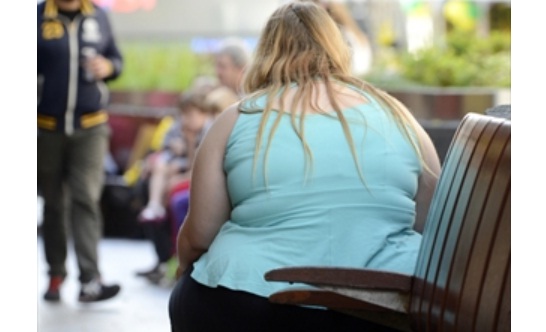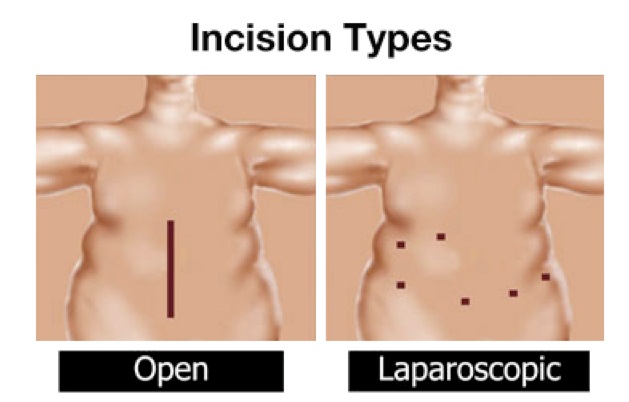It is my nature to be an annoying Pollyanna personality. I am a “look at the bright side, find the silver lining, zippity-do-da” kinda gal. But you know, 2010 is bringing me down with round-the-clock news of the global economic crisis, wars, poverty, natural and industrial disasters. Feelings of sadness or depression overwhelm me at times and I find myself in search of my old comfort food friends: pasta, crackers, sweets.
What I have learned is that there is a very real biological reason I crave those highly processed carbohydrates: My body wants to use them to create the feel-good hormone, serotonin, so that I will not feel overwhelmed with feelings of depression or sadness. In understanding this I can forgive my “weakness” and seek other means by which my body can do a biological balancing act to bring harmony to mood and mind. Today I share that knowledge with you in hopes that you too will understand these feelings and have a means to help your body help you.
It is common for new post-surgery bariatric patients to feel confusion over their emotional state. “I expected I would be happier,” they tell me, “but I feel consumed by an overall sadness. Just sadness. What’s wrong with me?” they ask. I remember feeling the same way in the early weeks and months out of surgery. And nobody had the answer back then, it was just a bump in the journey that we all needed to work past. Patients of all bariatric surgeries including gastric bypass, gastric lap-band, and gastric sleeve report similar experiences.
Ten years and a great deal of study and observation later I have a theory (my theory alone, and I’m not a medical professional) that there is a physiological reason for this post-surgery sadness. Prior to obesity surgery many of us consumed copious amounts of processed carbohydrates including sugar, refined flour, starches and grains. In the body carbohydrates meet up with the amino acid tryptophan and make serotonin, the “feel-good” hormone that stimulates the brain as a comforting mood enhancer. Macaroni & cheese is an American favorite comfort food, and for good reason. It combines enough tryptophan with enough high-carb pasta to produce sufficient serotonin, which relieves symptoms of depression and boosts feelings of contentment.
Enter weight loss surgery and the protein first, limited fat,and low carbohydrate diet. Suddenly the biological process of serotonin conversion is out of order. We no longer have the means to self-medicate our mood with foods that boost serotonin levels, yet we continue to have the cravings because our body is crying for help. It does not know any other way to manage mood. It just makes sense that this extreme dietary change results in an altered mood and in some cases, a state of biological panic or emotional depression
Dr. Judith Wurtman, author of The Serotonin PowerDiet, and former MIT scientist says, “If you’re on a weight loss diet that emphasizes boosting protein and cutting down extremely on carbohydrates, that might explain your craving for high-carb food. When carb cravers eat the high-carb food, they feel better in about 20 minutes.” But after weight loss surgery we cannot eat enough high-carbohydrate food to boost mood and doing so works against the surgical tool. Most researchers agree that an imbalance in serotonin levels may influence mood in a way that leads to depression.
A high protein diet is rich in amino acids including tryptophans. But when we eat a high protein meal there are so many amino acids competing for brain time that there is little opportunity for the tryptophan to enter the brain to trigger the serotonin conversion. On the other hand, a carbohydrate-rich meal triggers the release of insulin, which causes tryptophan in the bloodstream to rise and ultimately boost serotonin levels. Knowing this, it is easy to understand our carbohydrate cravings when we, by way of surgery, eliminate carbs from our diet.
This tells me that we are often sad or depressed because our body, following surgery, is in a state of biological confusion. Rather than suffering feelings of failure or inadequacy we are better served by knowing our body is in distress and seeking treatment options to facilitate healing and biological balance.






